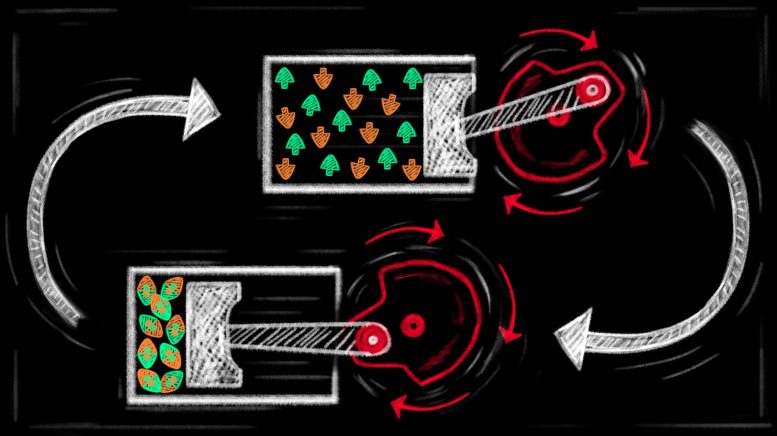
The quantum engine compresses a gas of particles that are bosons and decompresses a gas of particles that are fermions. Credit: Mirijam Neve
Scientists unveil exciting possibilities for the development of highly efficient quantum devices.
Quantum mechanics is a branch of physics that explores the properties and interactions of particles at very small scale, such as atoms and molecules. This has led to the development of new technologies that are more powerful and efficient compared to their conventional counterparts, causing breakthroughs in areas such as computing, communication, and energy.
A Quantum Leap in Engine Design
At the Okinawa Institute of Science and Technology (OIST), researchers at the Quantum Systems Unit have collaborated with scientists from the University of Kaiserslautern-Landau and the University of Stuttgart to design and build an engine that is based on the special rules that particles obey at very small scales.
They have developed an engine that uses the principles of quantum mechanics to create power, instead of the usual way of burning fuel. The paper describing these results is co-authored by OIST researchers Keerthy Menon, Dr. Eloisa Cuestas, Dr. Thomas Fogarty, and Prof. Thomas Busch and has been published in the journal Nature.
Comparing Classical and Quantum Engines
In a typical classical car engine, a mixture of fuel and air is ignited inside a chamber. The resulting explosion heats the gas in the chamber, which in turn pushes a piston in and out, producing work that turns the wheels of the car.
In their quantum engine, the researchers have replaced the use of heat with a change in the quantum nature of the particles in the gas. To understand how this change can power the engine, we need to know that all particles in nature can be classified as either bosons or fermions, based on their special quantum characteristics.
At very low temperatures, where quantum effects become important, bosons have a lower energy state than fermions, and this energy difference can be used to power an engine. Instead of heating and cooling a gas cyclically like a classical engine does, the quantum engine works by changing bosons into fermions and back again.
“To turn fermions into bosons, you can take two fermions and combine them into a molecule. This new molecule is a boson. Breaking it up allows us to retrieve the fermions again. By doing this cyclically, we can power the engine without using heat,” Prof. Thomas Busch, leader of the Quantum Systems Unit explained.
Efficiency and Potential of the Quantum Engine
While this type of engine only works in the quantum regime, the team found that its efficiency is quite high and can reach up to 25% with the present experimental set up built by the collaborators in Germany.
This new engine is an exciting development in the field of quantum mechanics and has the potential to lead to further advances in the burgeoning area of quantum technologies. But does this mean we will soon see quantum mechanics powering the engines of our cars? “While these systems can be highly efficient, we have only done a proof-of-concept together with our experimental collaborators,” explained Keerthy Menon. “There are still many challenges in building a useful quantum engine.”
Heat can destroy the quantum effects if the temperature gets too high, so researchers must keep their system as cold as possible. However, this requires a substantial amount of energy to run the experiment at these low temperatures in order to protect the sensitive quantum state.
The next steps in the research will involve addressing fundamental theoretical questions about the system’s operation, optimizing its performance, and investigating its potential applicability to other commonly used devices, such as batteries and sensors.
Reference: “A quantum engine in the BEC–BCS crossover” by Jennifer Koch, Keerthy Menon, Eloisa Cuestas, Sian Barbosa, Eric Lutz, Thomás Fogarty, Thomas Busch and Artur Widera, 27 September 2023, Nature.
DOI: 10.1038/s41586-023-06469-8

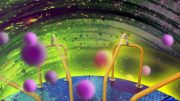
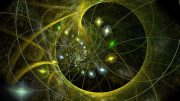
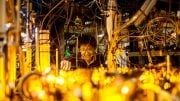
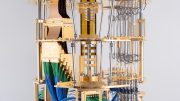
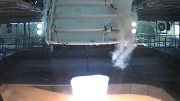



Super information
You had design and build an engine that is based on the special rules that particles obey at very small scales. Are you sure it’s the engine, not the electric generator? Perhaps the latter is more valuable and meaningful.
The value of one scientific research is not achieved by flaunting its publication in a certain journal.
Nature firmly believe that even without understanding how θ & τ were formed, it can be concluded that they are CP violations. Is it scientific?
Nature firmly believe that even if two objects (such as cobalt-60) that rotate in opposite directions are asymmetrical, they are still two objects that mirror each other. Is it scientific?
Nature oppose to discuss the aforementioned topics. Are the academic team of Nature honest?
Their absurd theory leads to absurd scientific research behavior, which has been ongoing. Is the the academic team of Nature noble?
Does the author feel honored to publish an article in such a publication?
Nature is neither scientific nor honest.
25% efficiency is a low efficiency even below modern diesel engines.
What’s the point in this development if we have electric motors that are up to 98% efficient? Maybe I’m missing the point?
Yeah, the Cryo part is a bummer. It seems like heat is the enemy of quantum physics. Heat just ruins all the quantum fun.
This is an uninformed and uninformative article. It says nothing, and is inaccurate on numerous points.